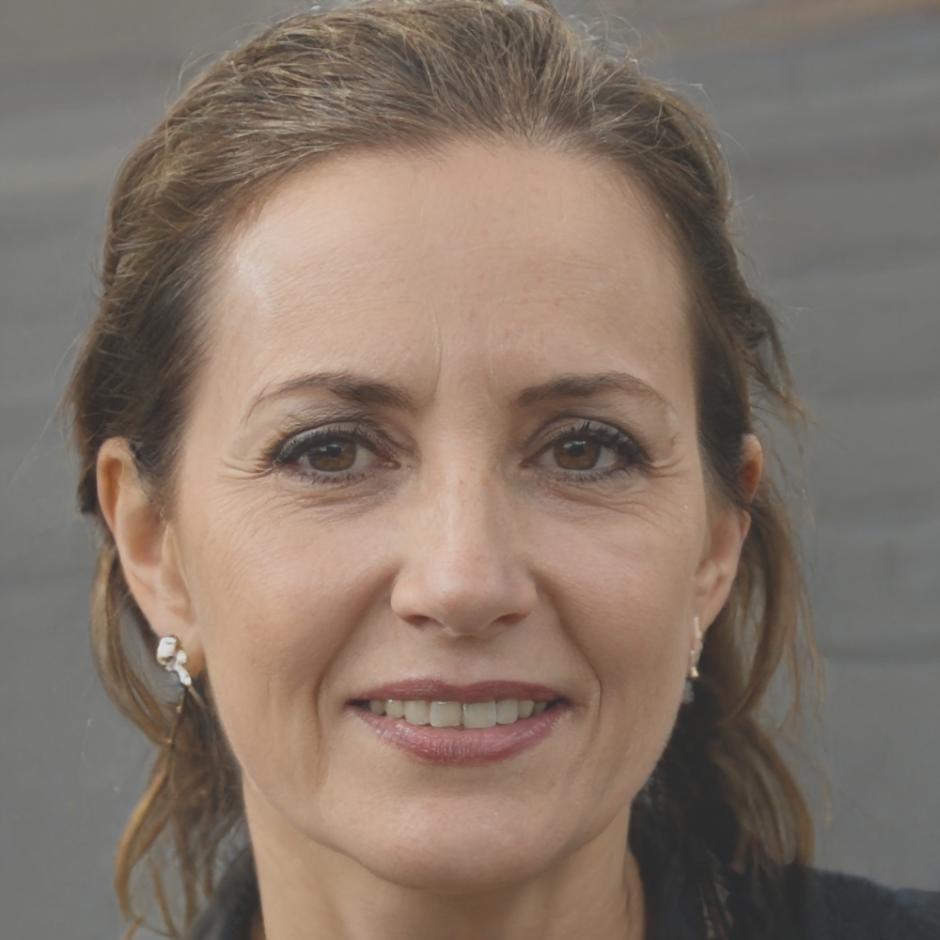What Makes This Training Practical
The difference shows up when unexpected budget challenges hit your organization. Our students report feeling prepared rather than panicked.
That preparation comes from working through messy, incomplete information during training. We intentionally use case studies where you don't have perfect data or clear answers.
One recent graduate told us the most valuable part was learning to build contingency plans when management couldn't agree on assumptions. That's the reality of financial planning, and it's what we prepare you for.




